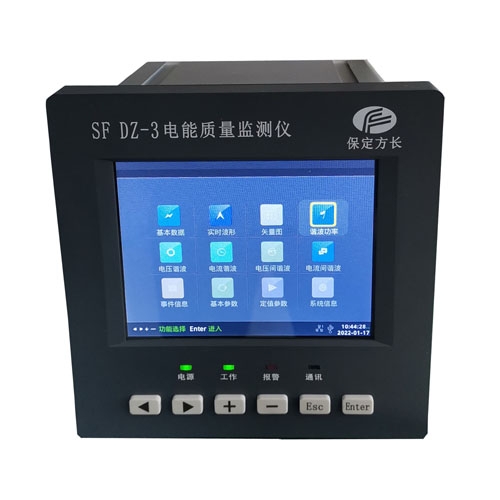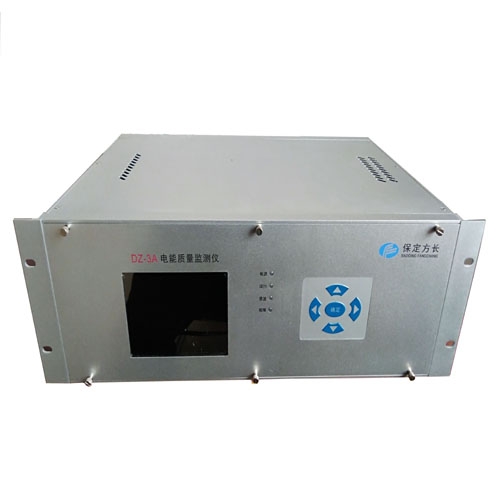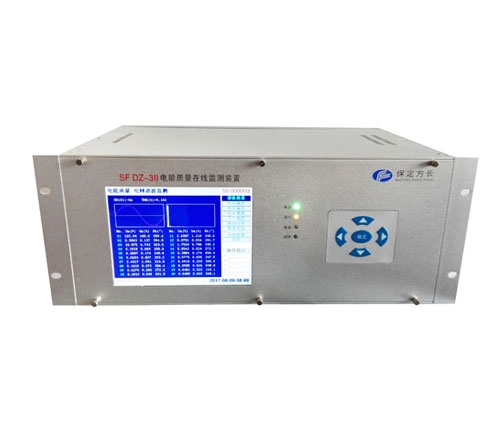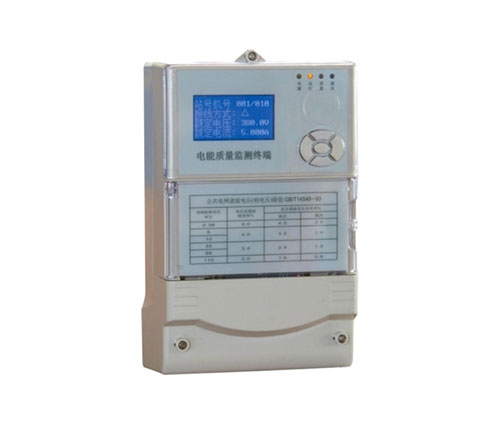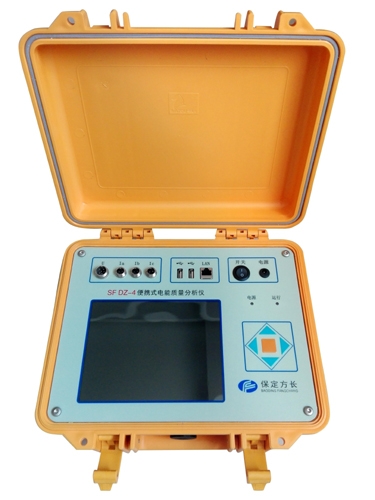Power quality refers to the stability, ripple, harmonic, and other parameters of voltage, current, and other power parameters in the power supply system.Power quality monitoring deviceIt is a device used to detect and analyze power quality issues. Select forPower quality monitoringThe device needs to consider the following aspects:
1. Functional and performance requirements: Different application scenarios require different functional and performance requirements. Generally speaking, power quality monitoring devices need to be able to collect real-time power parameters, including voltage, current, power, frequency, etc. They also need to be able to detect and record power quality issues, such as harmonics, flicker, voltage dips, etc. In addition, it is necessary to have data storage and analysis functions, and be able to generate reports and graphs.
2. Measurement range and accuracy: Different application scenarios require different measurement ranges and accuracy. For some large industrial electric fields, it is necessary to be able to measure larger currents and voltages, while for some small household electric fields, the measurement range is relatively small. In addition, accuracy is also a factor to consider when selecting a device. The higher the accuracy, the more accurate the detection results.
3. Installation method and portability: There are various installation methods for power quality monitoring devices, including fixed installation, portable, and handheld. Choose the appropriate installation method based on the actual usage scenario. Some fixed installed power quality monitoring devices are suitable for long-term monitoring of large industrial electric fields, while portable and handheld devices are suitable for temporary and mobile monitoring.
4. Communication interface and data transmission: The power quality monitoring device needs to be able to transmit the collected data to the upper computer for analysis through the communication interface. Common communication interfaces include RS485, RS232, Ethernet, etc. When selecting a device, it is necessary to choose a suitable communication interface based on the actual situation to ensure accurate data transmission and analysis.
5. Price and after-sales service: Price is one of the factors to consider when selecting a device. Choose a suitable price range based on your budget situation. At the same time, after-sales service is also a factor that needs to be taken seriously when selecting devices, to understand whether there is professional technical support and repair services.
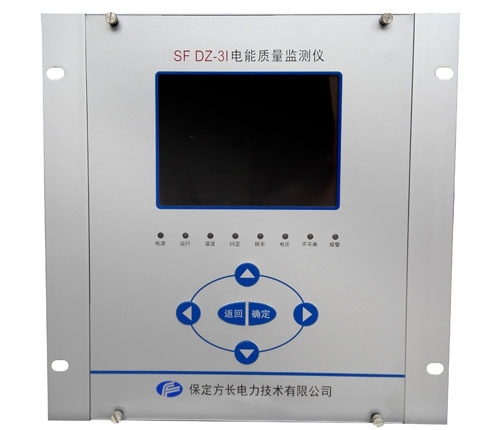
![]() National ordering hotline:fifteen billion eight hundred and three million one hundred and twenty-five thousand five hundred and sixty-five
National ordering hotline:fifteen billion eight hundred and three million one hundred and twenty-five thousand five hundred and sixty-five


